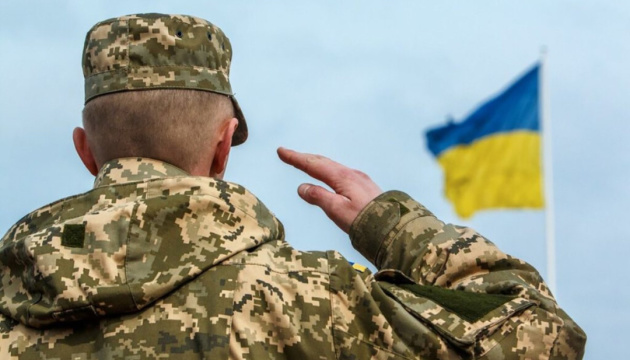Lawyer
The issue of prosecution for the brutal treatment of the civilian population in war zones
1. International legislation
International humanitarian law, in particular the Geneva Conventions of 1949 and additional protocols thereto, prohibits the cruel treatment of civilians during armed conflicts. According to these documents, ill-treatment includes murder, torture, sexual violence, illegal deprivation of liberty and other forms of ill-treatment. Persons responsible for such crimes can be prosecuted both nationally and internationally.
2. National legislation
The national legislation of each country also provides for criminal liability for brutal treatment of the civilian population. In Ukraine, for example, the Criminal Code contains articles providing for punishment for war crimes, crimes against humanity and other violations of human rights. It is also important to interact with law enforcement agencies and judicial institutions to ensure that the perpetrators are brought to justice.
3. Consultation of a lawyer
Consultation with a lawyer is an important step in the process of prosecution for brutal treatment of the civilian population. A lawyer can provide detailed information on the legal aspects of such cases, help with the preparation of the necessary documents and ensure communication with law enforcement agencies. Consultation may also cover issues related to submissions to international courts and organizations such as the International Criminal Court (ICC).
4. Analysis of documents
The analysis of documents is a critically important stage in the process of investigating the brutal treatment of the civilian population. A lawyer should carefully check all documents related to a particular case, including victim statements, medical reports, reports of international organizations and other evidence. This will help ensure the objectivity and completeness of the investigation and avoid legal risks.
5. Legal opinion
A legal opinion is an official document drawn up by a lawyer based on the analysis of documents and legal norms. This opinion sets out the circumstances of the case, the legal qualification of actions that fall under the definition of ill-treatment of civilians, and recommendations for possible legal measures. A legal opinion can be used to justify the need to take certain measures to ensure the legality of actions and protect the interests of victims.
6. Legal opinion of the lawyer
The lawyer's legal opinion is aimed at solving the client's specific situation. The lawyer, evaluating the collected evidence and analyzing the legal norms, provides specific recommendations for the protection of the rights and interests of the victims, as well as actions in the event of legal conflicts. This may include advice on submitting applications to national and international courts, preparing documents for court proceedings and representing clients in court.
7. International cooperation
International cooperation is an important aspect of the prosecution process for the brutal treatment of civilians. Cooperation with international organizations such as the UN, the International Committee of the Red Cross and the International Criminal Court can help ensure a fair investigation and punishment of the guilty. Sharing of information and coordination between states is also important for effective investigation and prosecution.

































